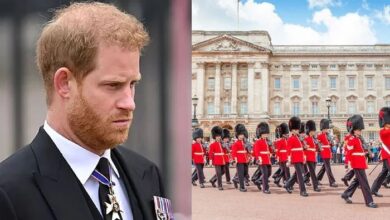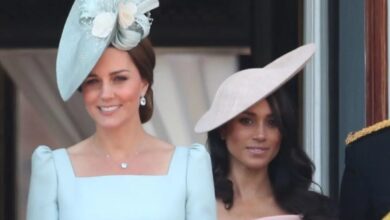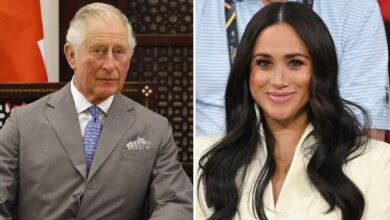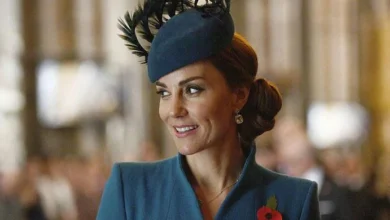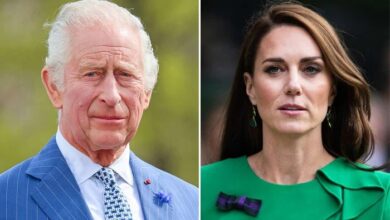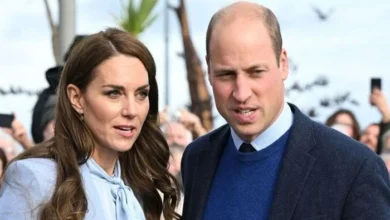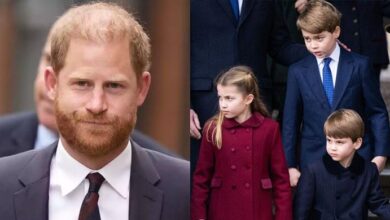Princess Charlotte and Prince Louis to Potentially Step Back from Future Royal Roles
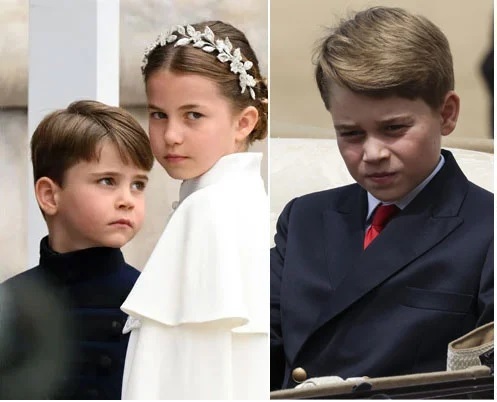
Princess Charlotte and Prince Louis may not have a future within the working royal family, according to recent reports. This potential shift is linked to Prince William’s support for his father, King Charles III, in the vision of a streamlined monarchy.
Royal commentator and expert Richard Eden shared insights on this topic in one of his recent pieces for The Daily Mail.
Eden revealed that Prince William is in “full agreement” with King Charles regarding the necessity of a “slimmed down monarchy.” This strategy aims to reduce the number of working royals and focus on a core group of senior members.
Eden wrote, “William was in ‘full agreement’ with his father about the need for a ‘slimmed down monarchy’,” citing a close source. According to Eden’s source, “When the older members of the family retire, His Royal Highness won’t be inviting anyone else to become working royals. It remains to be seen if he will even want his two younger children to be working royals.”
This perspective indicates a significant shift in the future roles of younger royals, including Princess Charlotte and Prince Louis. The emphasis on a more efficient and streamlined royal family suggests that not all members will be expected to take on formal duties.
Tom Sykes of the Daily Beast echoed similar sentiments, noting that Prince William aims to address the “spare” problem pragmatically to avoid repeating historical patterns.
The term “spare” refers to the younger siblings of the heir apparent, who traditionally have had less defined roles within the royal structure. This term has gained renewed attention with Prince Harry’s memoir “Spare,” which delves into the complexities of being the younger sibling to an heir.
The notion of a slimmed-down monarchy has been a subject of discussion for some time. King Charles III has long envisioned a reduced roster of working royals, focusing on direct heirs and their immediate families. This approach aims to modernize the institution, making it more relatable and cost-effective in the eyes of the public.
The concept also aligns with broader societal shifts towards efficiency and accountability. A smaller group of working royals could ensure clearer responsibilities and a more streamlined approach to public duties and charitable work. This could potentially lead to greater transparency and a more focused public image for the royal family.
For Princess Charlotte and Prince Louis, this could mean a more private life compared to their older brother, Prince George, who is directly in line for the throne.
Their roles may evolve differently, focusing on personal ambitions and careers outside of the traditional royal framework. This shift could allow them greater freedom and fewer constraints imposed by royal duties.
The potential move away from working royal roles for the younger children also reflects a broader cultural change within the royal family. By supporting a slimmed-down monarchy, Prince William and King Charles III are acknowledging the changing expectations of the public and the need for the royal family to adapt accordingly.
Read More: Amanda Holden’s Blunt Take on Prince Harry and Meghan Markle Sparks Controversy
While the final decision regarding the roles of Princess Charlotte and Prince Louis remains to be seen, the current discussions highlight a significant evolution in royal protocol. The emphasis on a leaner, more focused monarchy underscores the institution’s efforts to remain relevant and responsive to contemporary societal values.
In conclusion, the possibility that Princess Charlotte and Prince Louis might not take on future roles within the working royal family marks a pivotal moment in the evolution of the British monarchy.
As Prince William supports his father’s vision of a streamlined royal family, the future roles of these younger royals could significantly differ from traditional expectations, reflecting a modernized approach to royal duties and public service.
